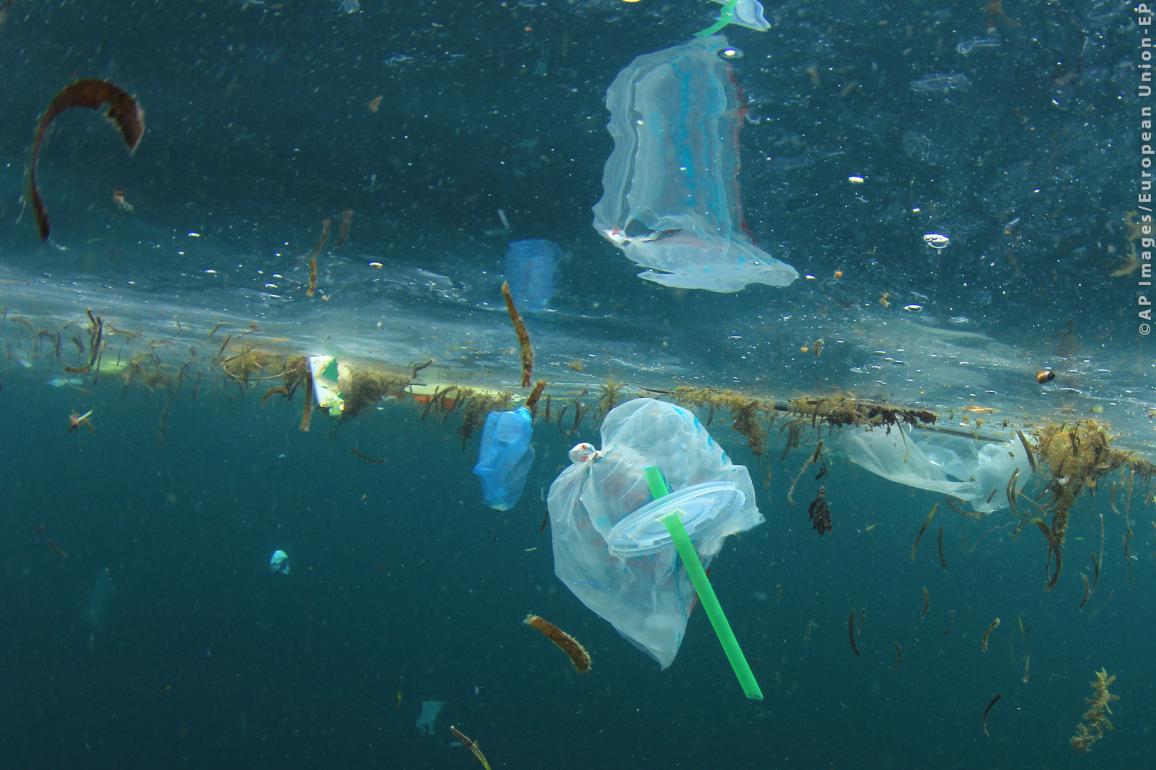Can the plastic ban alter consumption habits in the UK?
Can the plastic ban alter consumption habits in the UK?
The British newspaper 'The Guardian' reported that as of the 5th of this month, the United Kingdom has implemented 'plastic restrictions'. In some retail shops, customers will be charged a fee of 5 pence (approximately 50 cents) for each plastic bag consumed.
The aim of this move is to reduce the use of plastic bags and the harm they cause to the environment. However, the rules may be complex and confusing for some businesses and customers.
Before the implementation of the plastic bag charging policy in England, Scotland, Wales, and Northern Ireland had already passed relevant bills to reduce plastic bag consumption. In 2011, Wales became the first to implement the 'Plastic Restriction Order,' resulting in a 71% decrease in the use of plastic bags in the area. After the relevant policies were implemented, the use of plastic bags in Northern Ireland decreased by 81%. The money saved was mainly donated to charities. In Wales, the average customer only uses two plastic bags per month. In contrast, in England, where the 'plastic ban' has not been implemented, customers use as many as 12 plastic bags per month. The UK government aims to reduce the use of plastic bags by over 70% locally, thereby preventing billions of plastic bags from polluting landfills and oceans.

A recent survey has shown that 62% of customers in England believe that plastic restrictions are justified, which is a 6% increase from 2012.Additionally, 51% of customers believe that the plastic ban should be extended to all retailers.
Biodegradable plastic bags are a definitive solution to the problem.
According to data provided by the UK government, all supermarkets in the country consumed 8.5 billion thin plastic bags last year, most of which are not biodegradable.This figure is lower than the 12 billion used in 2006, but still significant.
Regarding the policy of charging for plastic bags, some critics have questioned why it is only implemented in large supermarkets and shopping centres and not extended to small and medium convenience stores. According to a survey conducted by environmental group Friends of the Earth, convenience store owners also support extending the plastic bag ban to all retailers as it would increase their revenue.Chris Noyce, a member of the Association of Convenience Stores, stated:'We would like to see the plastic ban extended to all shops, as it has been in Wales and Scotland.'
The UK government has stated that the aim of the move is to reduce the regulatory burden on the government. Small and medium-sized convenience stores are also welcome to implement similar policies if they wish.
According to David Powell, a staff member at Friends of theEarth, the 'plastic restriction' is a good start, but it would be pointless if it only applied to large retailers. The 'Plastic Restriction Order' was introduced to raise awareness of the environmental dangers of excessive plastic bag use. However, consumers receive varying treatment regarding plastic bag use depending on the size of the shop they visit. This inconsistency could undermine the original purpose of the order.
Some experts have suggested that the 'plastic ban' may not be enough to prevent many chargeable shopping bags from entering the open environment and floating around for decades. They recommend that these plastic bags should be biodegradable in order to play a fundamental role in promoting environmental.




